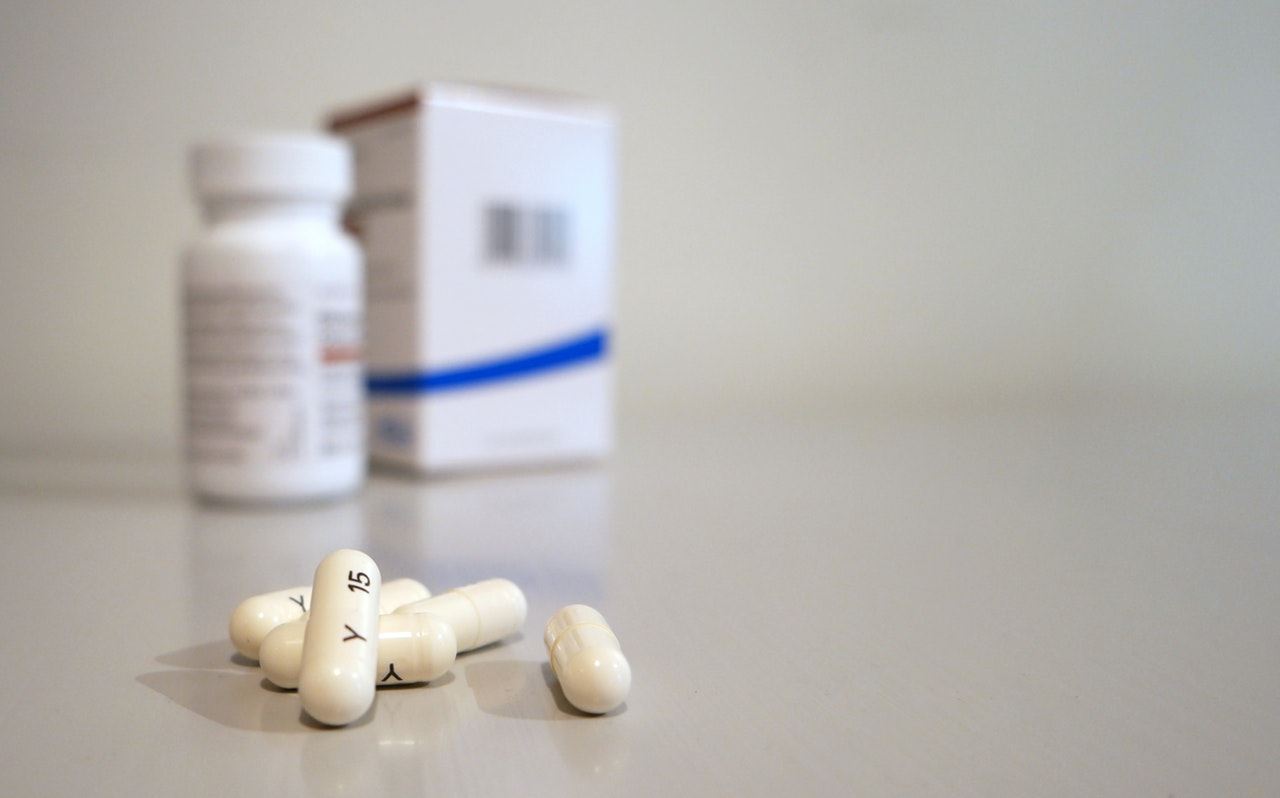What is a generic drug?
When a drug company invents a new drug, the federal government issues a patent that gives the company exclusive rights to sell the drug for a certain number of years. Once the patent expires, other companies are allowed to sell copies of the same drug. The original version is called the "brand name" drug, while the copies are called "generic" drugs. For example, Lipitor is the brand name of atorvastatin; the generic version will be labeled simply "atorvastatin."
How are generic and brand name drugs the same?
The active ingredient is the same in both the brand name and generic versions. The dose sizes are usually also the same. In addition, the safety and quality of the generic must be equal to the brand name.
How are generic and brand name drugs different?
Generic drugs are made so that they can be distinguished from the brand name by appearance. They typically have a different shape or color. The brand name may also come in modified versions (for example, a slow-release formula) that the generic version does not have.
Why are generic drugs cheaper than the brand name?
Brand name drugs require much more research than generics. Brand name drugs do extensive testing to show what they do, how well they do it, and how well they compare to other drugs used for the same purposes. Generic drugs only have to prove that they are equally effective and safe compared to the brand name drug. Also, brand name drugs typically do a lot of advertising, while generics do little or no advertising.
Why isn't my drug available in a generic form?
Usually, if only the brand name is available, that is because it is so new that the original patent is still in force. However, some very expensive and very complex drugs have patents that never expire, and no generics can ever be sold.
Are there any downsides to generics?
Most of the disadvantages of generics are minor; for example, some brand name drugs have extra coatings that make them taste better or easier to swallow that generics don't have.
Is it OK to switch from brand name to generic?
In general, yes. In fact, most insurance plans require you to get the generic version of your medications, if a generic is available. However, one exception is if you have an allergy to one of the inactive ingredients (like the coloring or flavoring ingredients); if you are allergic to the generic, you will have to take the brand name, and if you are allergic to the brand name you will have to take the generic.
There are also very few drugs where both the generic and brand name are fine, but the generic is not equally effective to the brand name. For example, with certain thyroid medications, the brand name works fine, and the generic works fine, but the brand name of a certain size is not exactly equal to the same size of the generic. In these cases, if you are taking the brand name, you should continue that, and if you are taking the generic, you should continue that.
Is there anything else I should know?
At Academic Medical Associates, one of our goals is to identify cases where our patients are taking expensive drugs that are not needed. For example, you may be taking a new drug that is only available in an expensive brand name, but there is a similar drug that is a little older and has a generic version that is just as good. In these cases, we can often save you a lot of money on your monthly drug bill but still provide the quality medical care that you need.
If you think you may be paying too much for your medications and would like to consider alternative options, please call us to schedule an appointment at your convenience. We would be happy to go over your medications with you and discuss ways you can reduce your health care costs.


